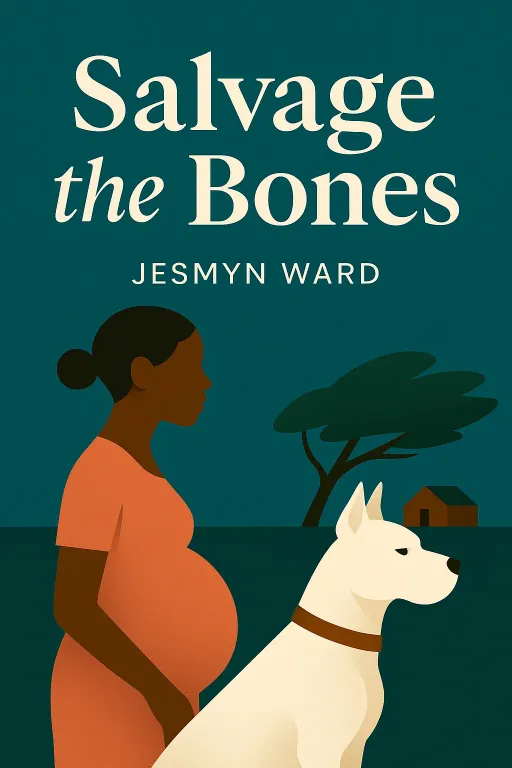
Salvage the Bones
Jesmyn Ward
In the rural Mississippi Gulf Coast, fifteen-year-old Esch is pregnant and navigating a life of poverty, violence, and the raw, visceral love of her family. As her brother Skeetah obsessively trains his fighting pit bull, China, and their alcoholic father prepares for an impending hurricane, Esch grapples with her own burgeoning motherhood and the harsh realities of their existence. This powerful novel explores themes of resilience, survival, and the unbreakable bonds of family against the backdrop of an unforgiving landscape on the eve of Hurricane Katrina.
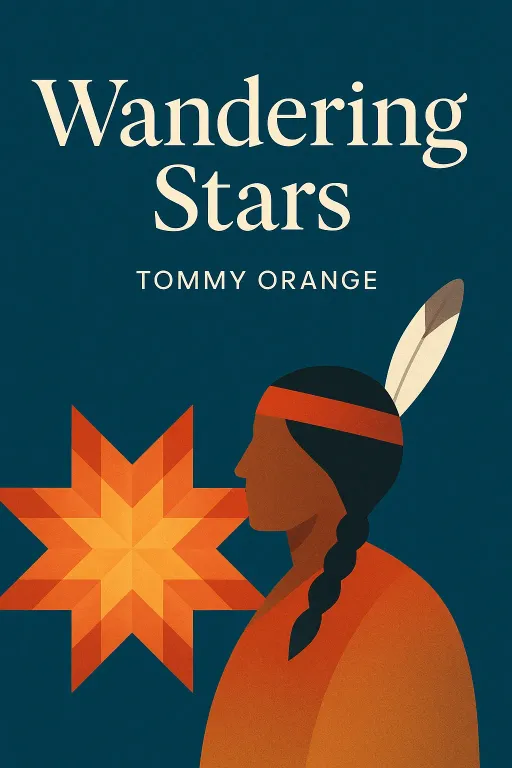
Wandering Stars
Tommy Orange
A powerful and sweeping multi-generational novel that delves into the enduring impact of historical trauma on Native American families. From the brutal realities of the Sand Creek Massacre and Indian boarding schools to the complexities of contemporary life in Oakland, the narrative intricately weaves together the lives of characters grappling with identity, addiction, and the profound search for belonging. It explores how the echoes of history shape individual destinies and the collective spirit of a people striving for survival and self-discovery.
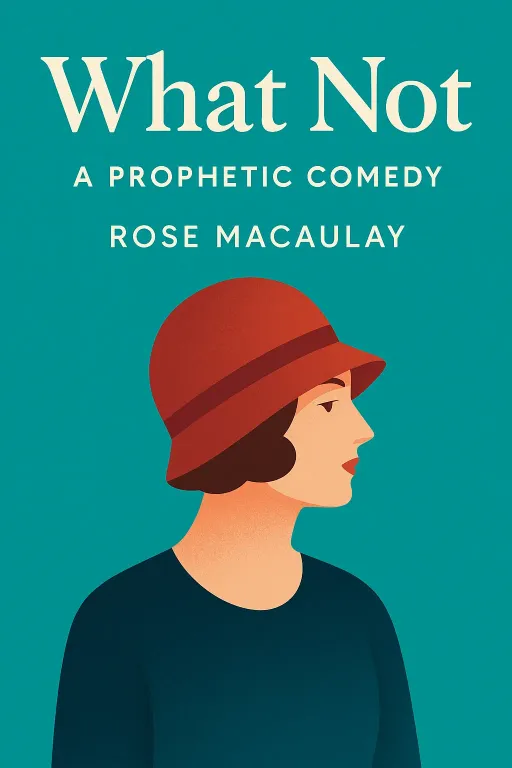
What Not
Rose Macaulay
Set in a post-Great War Britain, this 'prophetic comedy' introduces a bureaucratic and absurd 'Ministry of Brains' tasked with regulating society's intelligence and reproduction. Through the eyes of Ivy Delmer, a naive typist, and Kitty Grammont, a sharp-wwitted pamphleteer, the novel satirizes government overreach, social engineering, and the very notion of 'improving' humanity. As the Ministry's influence grows, the characters navigate a world where personal freedom and individual thought are increasingly under scrutiny, raising profound questions about the future of society.
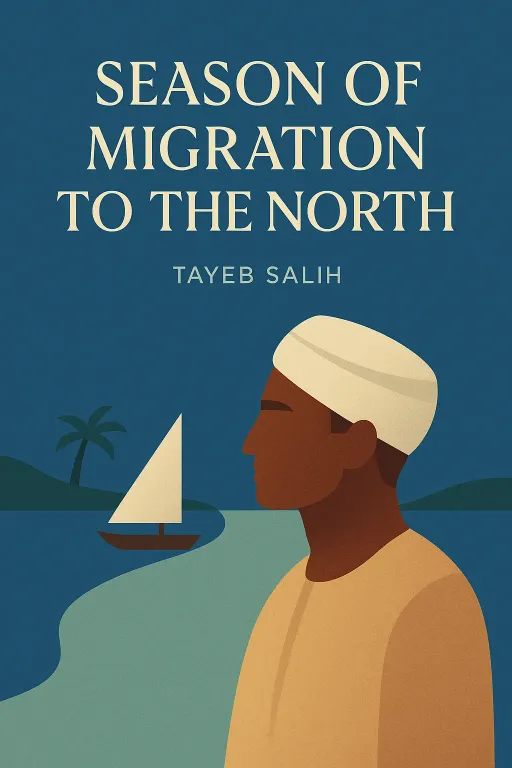
Season of Migration to the North
Tayeb Salih
After years of study in Europe, a young Sudanese narrator returns to his village along the Nile, only to encounter the enigmatic Mustafa Sa’eed, a man whose past in London reveals a shocking and violent clash of cultures, identity, and sexuality. Tayeb Salih's acclaimed novel delves into the profound complexities of postcolonialism, East-West relations, and the search for self amidst conflicting worlds, leaving the narrator to confront Mustafa's haunting legacy and his own place in a rapidly changing society.
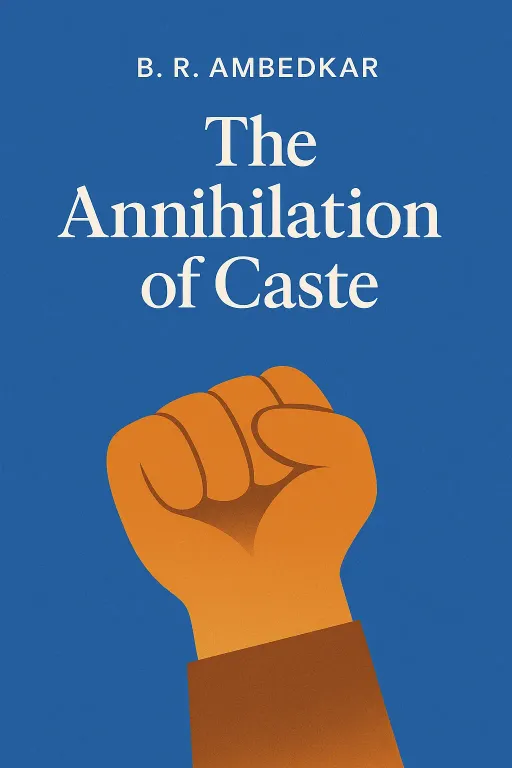
The Annihilation of Caste
B.R. Ambedkar
Originally an undelivered speech from 1936, B.R. Ambedkar's 'The Annihilation of Caste' is a searing, intellectual indictment of the Hindu caste system. Ambedkar argues that caste is not merely a division of labor but a hierarchical division of laborers, deeply entrenched in religious scriptures and practices, and fundamentally incompatible with liberty, equality, and fraternity. He challenges the notion of gradual reform, asserting that true progress for India requires nothing less than the complete annihilation of caste and the religious beliefs that sanction it. This seminal work, famously debated with Mahatma Gandhi, remains a powerful and urgent call for radical social and religious transformation, exposing the profound injustices at the heart of Indian society.
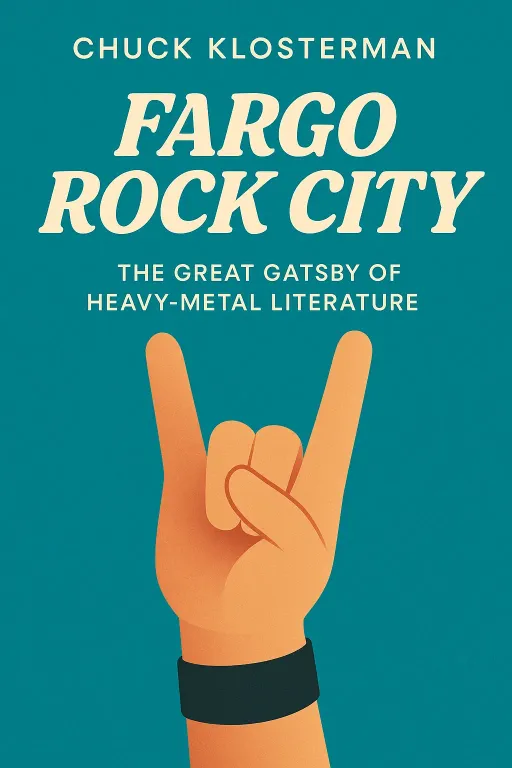
Fargo Rock City
Chuck Klosterman
Dubbed "The Great Gatsby of Heavy-Metal Literature," this classic memoir by Chuck Klosterman offers a hilarious and insightful journey into the world of 1980s heavy metal. Growing up as a metalhead in rural North Dakota, Klosterman chronicles his personal experiences and intellectual musings on hair bands, their cultural impact, and the broader landscape of pop music, masculinity, and identity. It's a fan's perspective on why glam metal mattered, blending humor, nostalgia, and sharp cultural analysis.
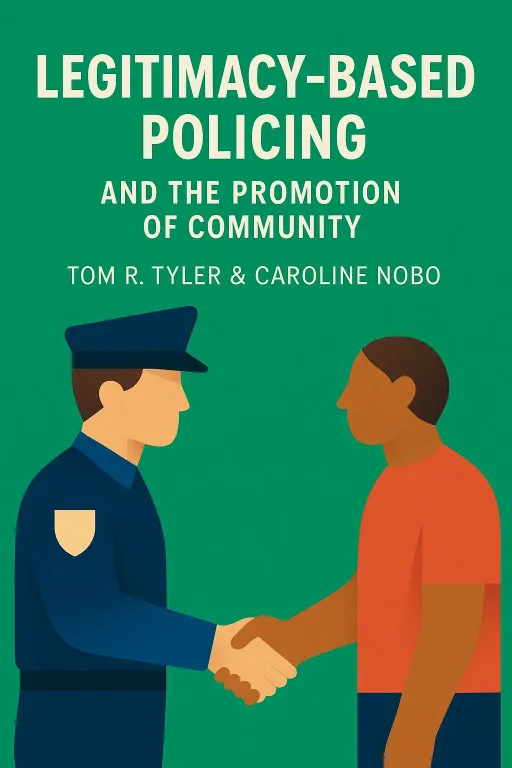
Legitimacy-Based Policing and the Promotion of Community
Tom R. Tyler
Explore the groundbreaking concept of legitimacy-based policing and its profound impact on fostering stronger, more cooperative communities. This book delves into how law enforcement agencies can build trust and gain public acceptance by emphasizing fairness, transparency, and respect, ultimately leading to reduced crime and enhanced social cohesion. Discover the psychological principles and practical strategies that underpin effective community-police partnerships.
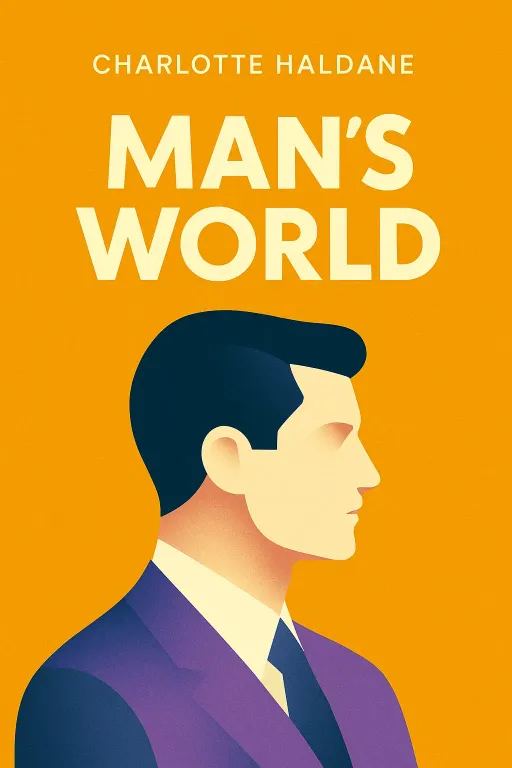
Man's World
Charlotte Haldane
Dive into Charlotte Haldane's groundbreaking 1926 dystopian novel, a chilling vision of a future society meticulously engineered by scientific principles. In this 'Radium Age' classic, reproduction is tightly controlled, gender roles are rigidly defined, and individuality is sacrificed for the supposed betterment of the 'white race' through eugenics. Follow siblings Christopher and Nicolette as they grapple with a world where women are reduced to biological functions and men are categorized by intellect. Haldane's prescient and controversial work explores the ethical dilemmas of scientific power, the struggle for personal freedom, and the unsettling implications of social engineering, offering a powerful, complex, and often disturbing commentary on the anxieties of the early 20th century.